Head (acting):
Matthias Liero
Coworkers:
Thomas Eiter, Janusz Ginster, Annegret Glitzky, Martin Heida, Georg Heinze, Thomas Koprucki, Anieza Maltsi, Dirk Peschka, Anastasija Pesic, Joachim Rehberg, Stefanie Schindler, Burkhard Schmidt, Willem van Oosterhout
Team Assistant:
Andrea Eismann
Nonresident Members:
Alexander Mielke, Jürgen Sprekels
Fellowships:
Michael Tsopanopoulos
Former Honorary Members:
Herbert Gajewski, Konrad Gröger
Upcoming Events:
Matthias Liero
Coworkers:
Thomas Eiter, Janusz Ginster, Annegret Glitzky, Martin Heida, Georg Heinze, Thomas Koprucki, Anieza Maltsi, Dirk Peschka, Anastasija Pesic, Joachim Rehberg, Stefanie Schindler, Burkhard Schmidt, Willem van Oosterhout
Team Assistant:
Andrea Eismann
Nonresident Members:
Alexander Mielke, Jürgen Sprekels
Fellowships:
Michael Tsopanopoulos
Herbert Gajewski, Konrad Gröger
Upcoming Events:
- ”Widening the Scope of Rough and Stochastic Analysis -- Rough Women Reach Out!”
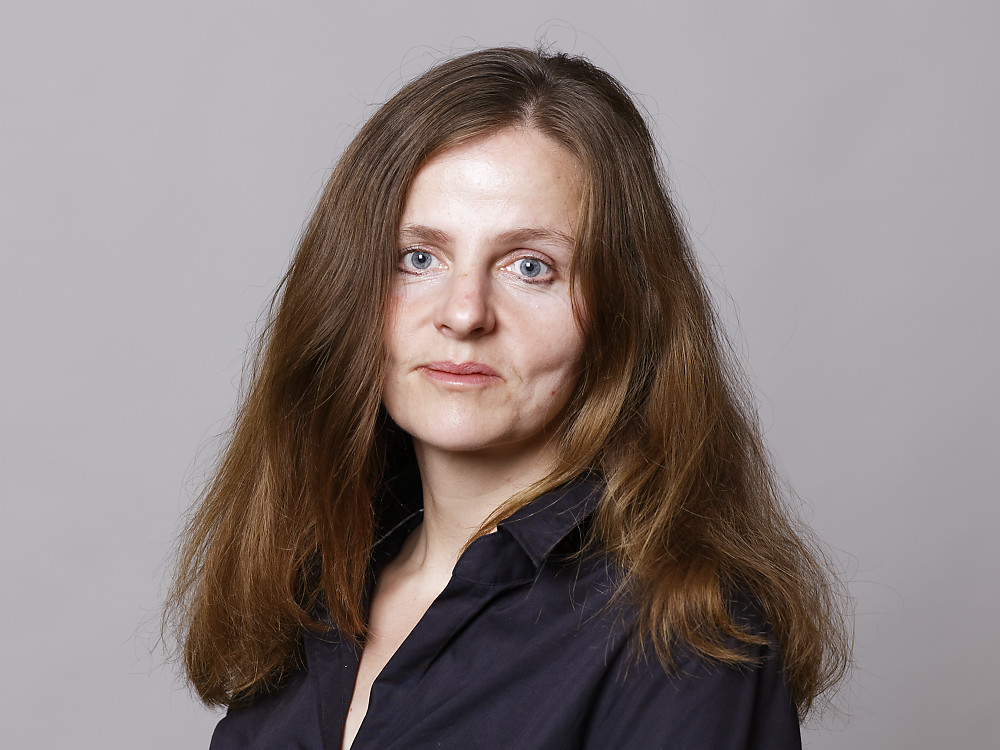
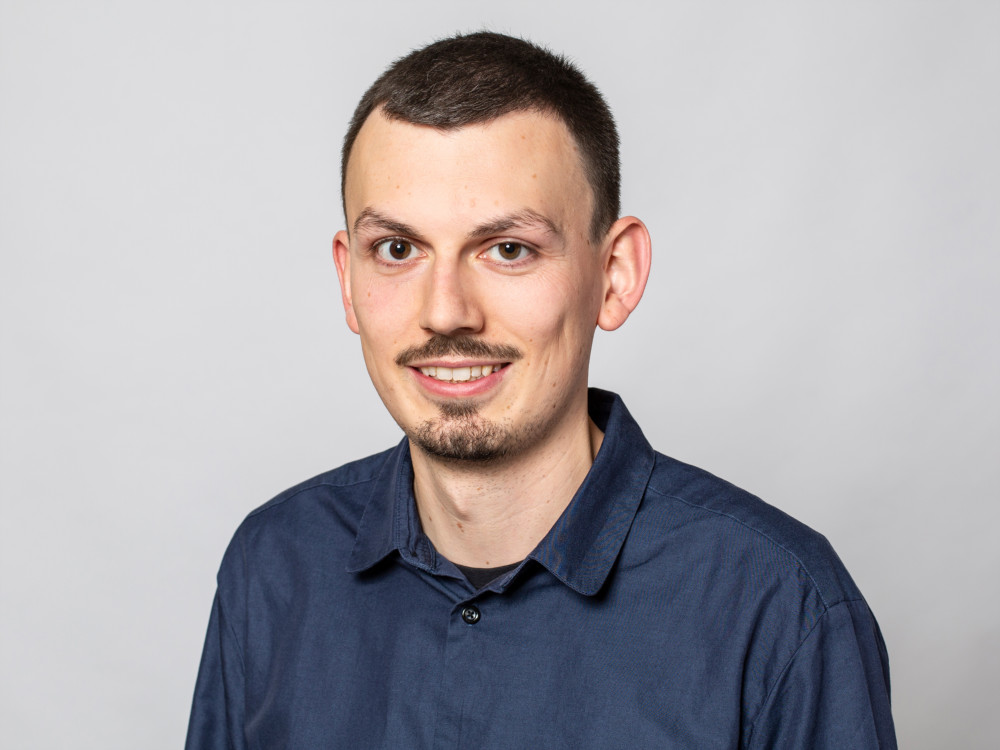
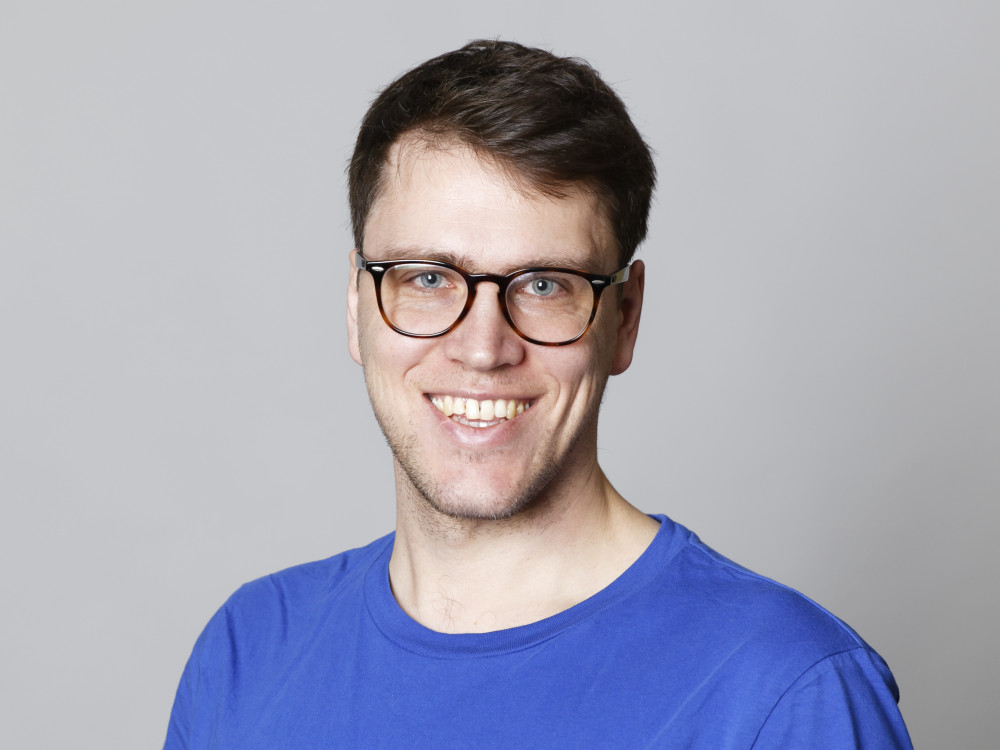
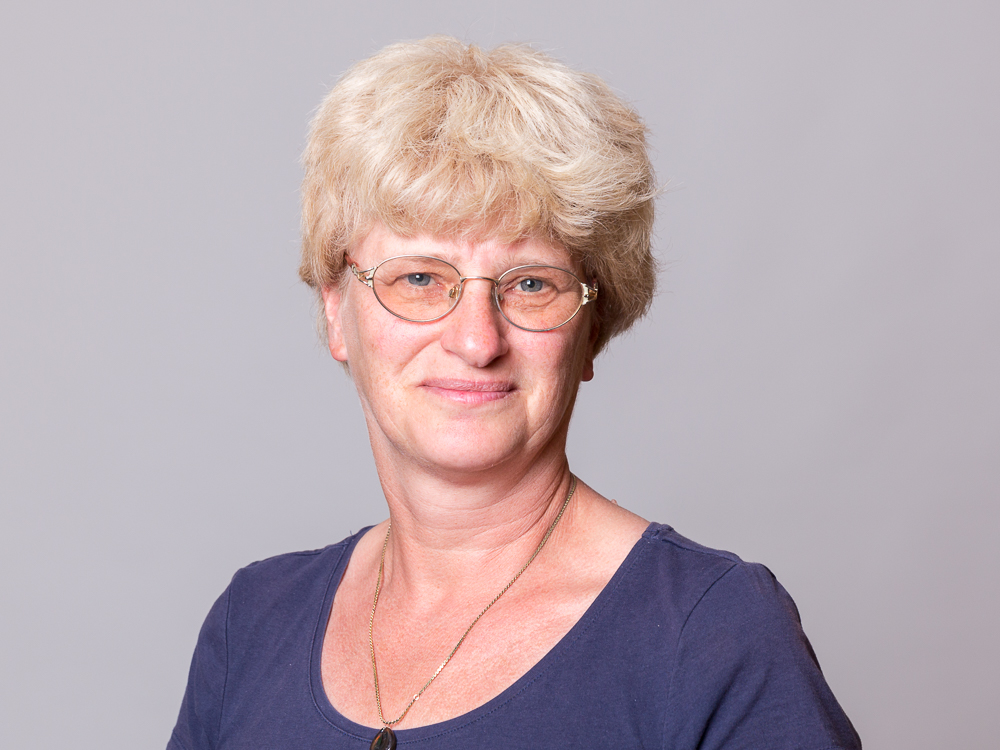
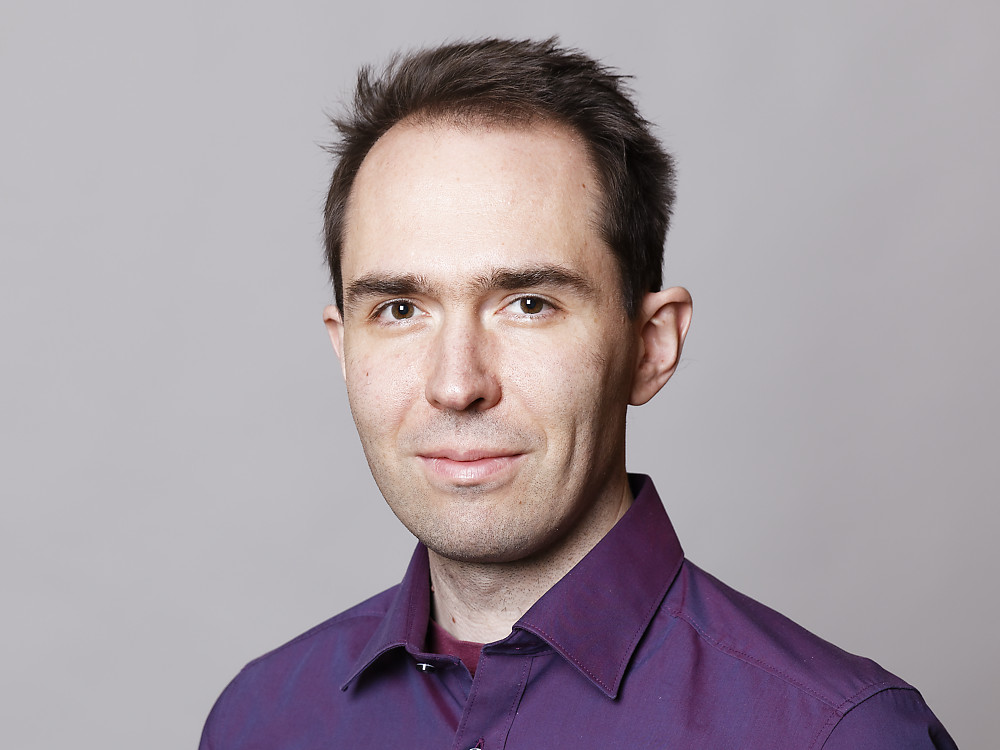
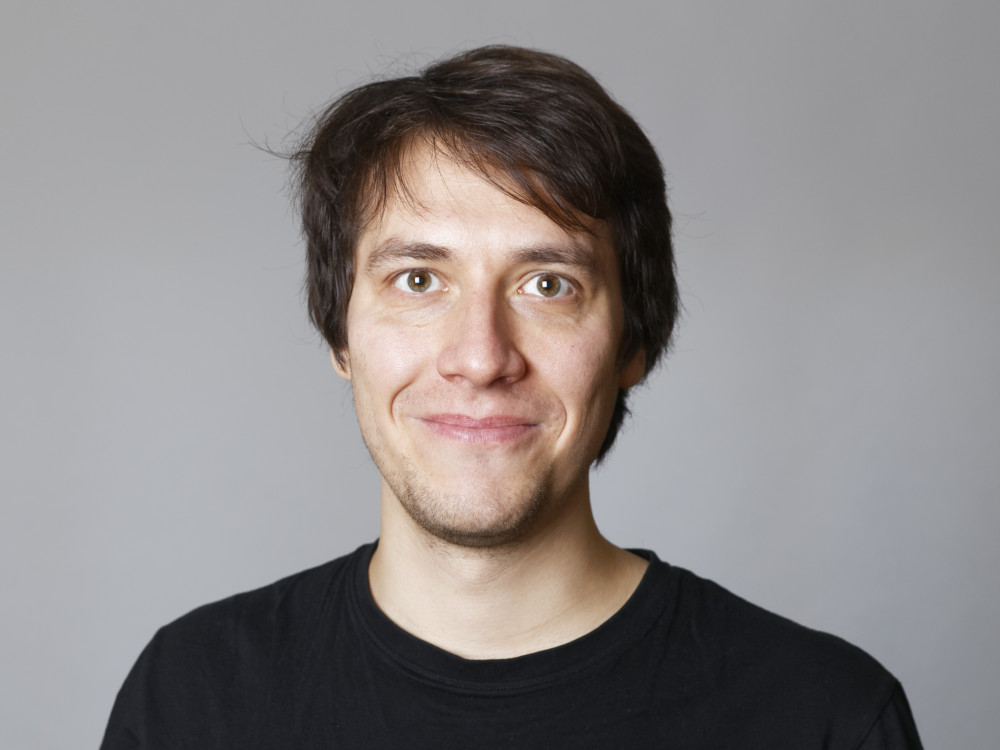
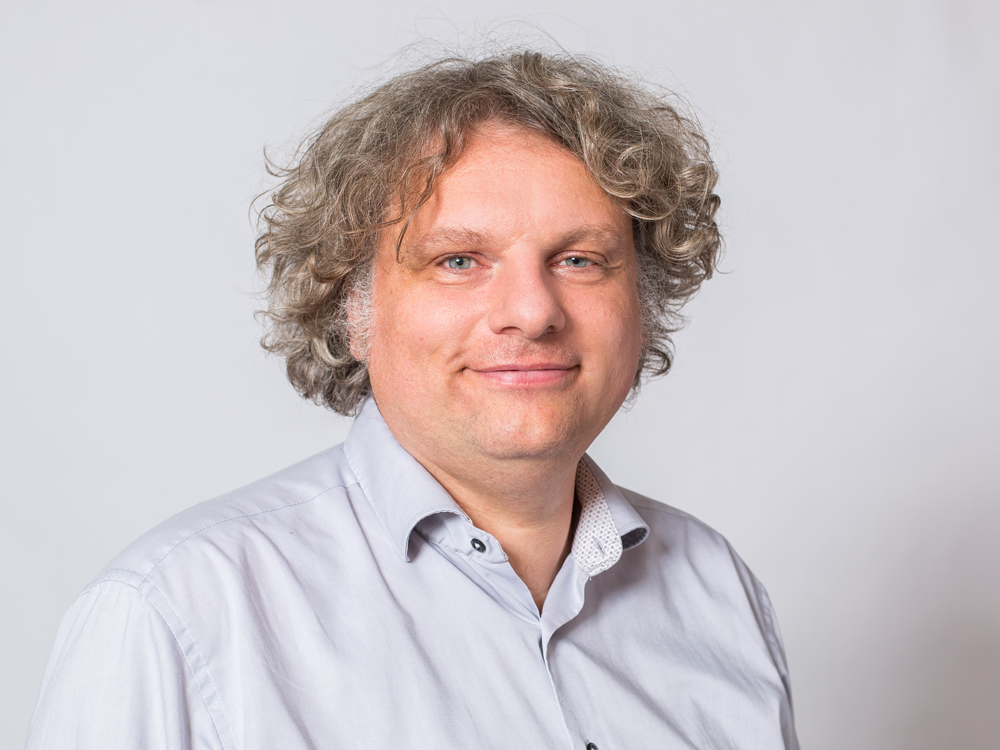
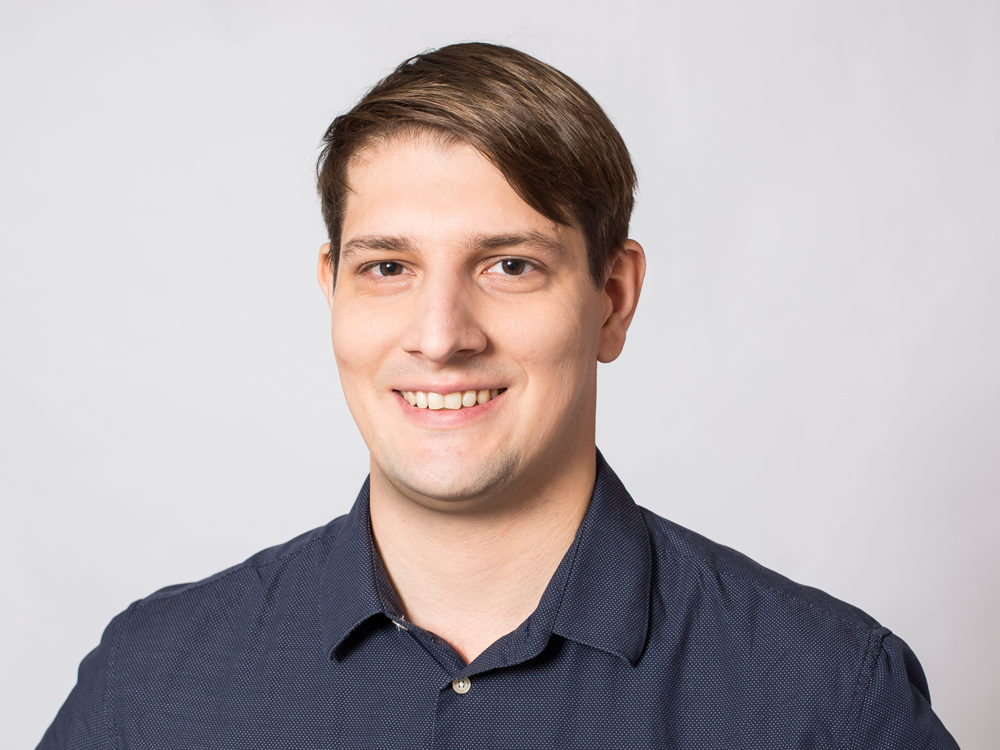
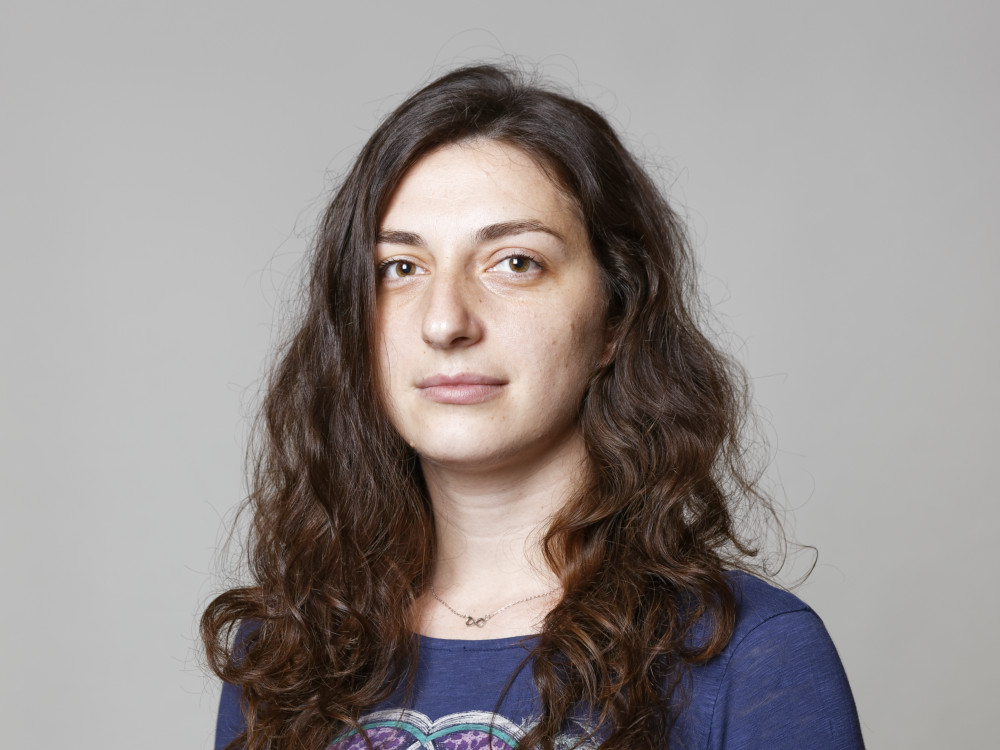
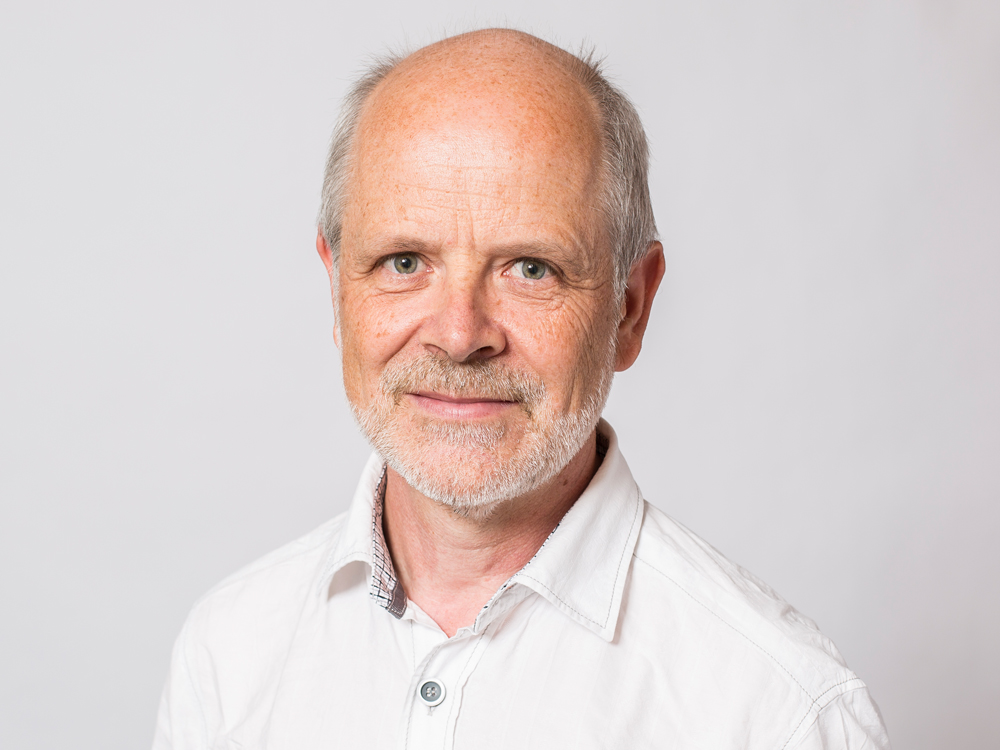
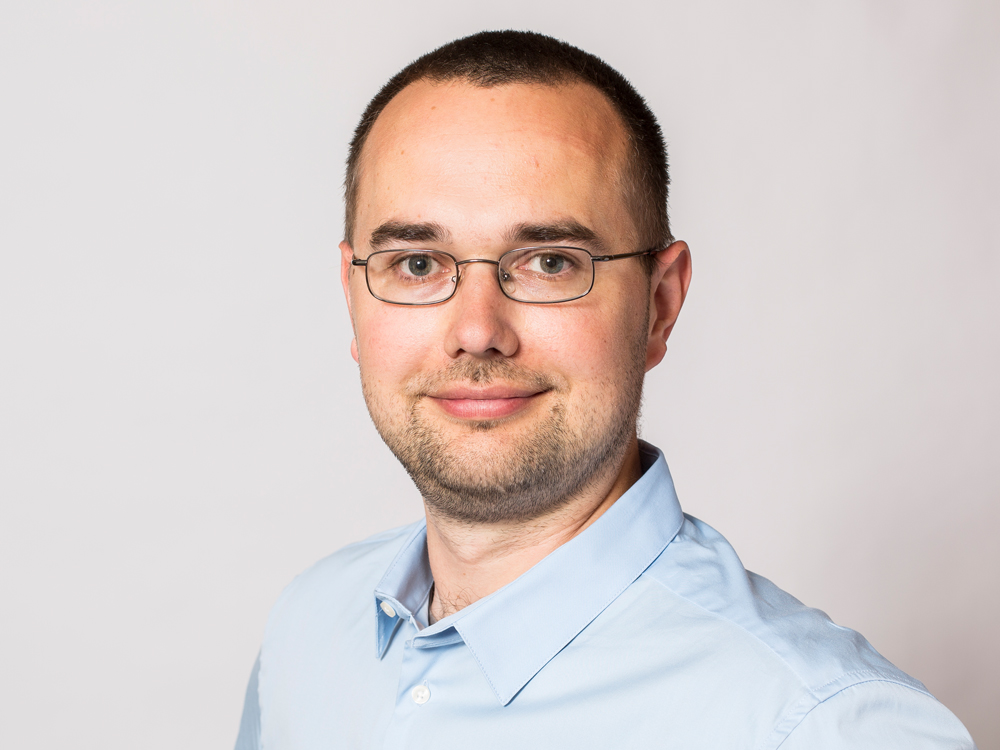
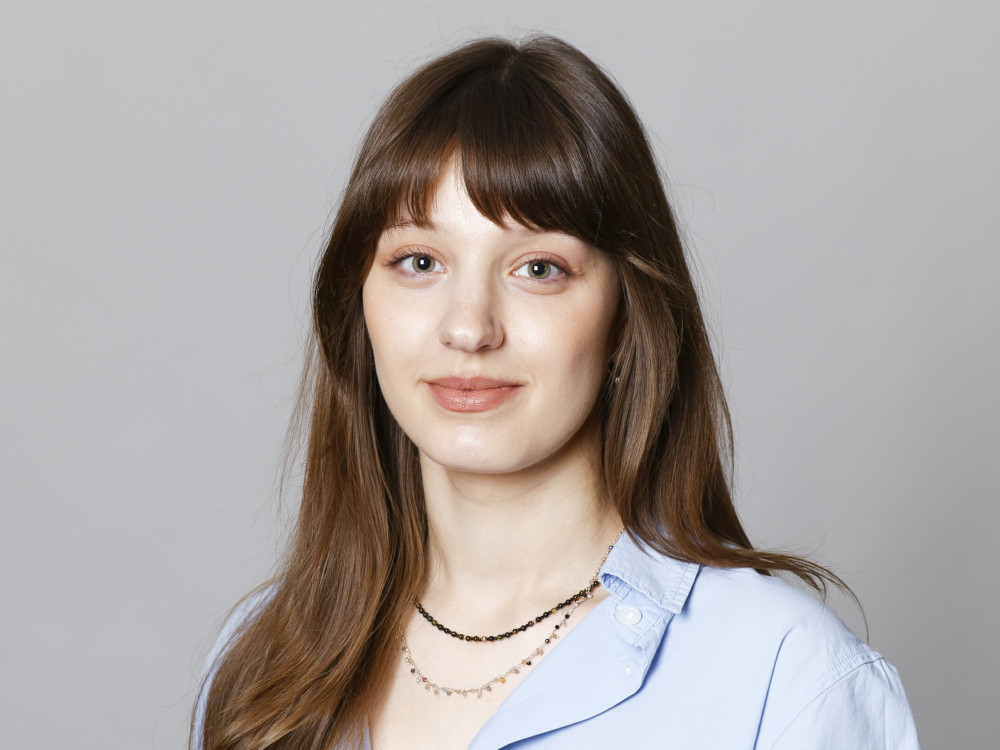
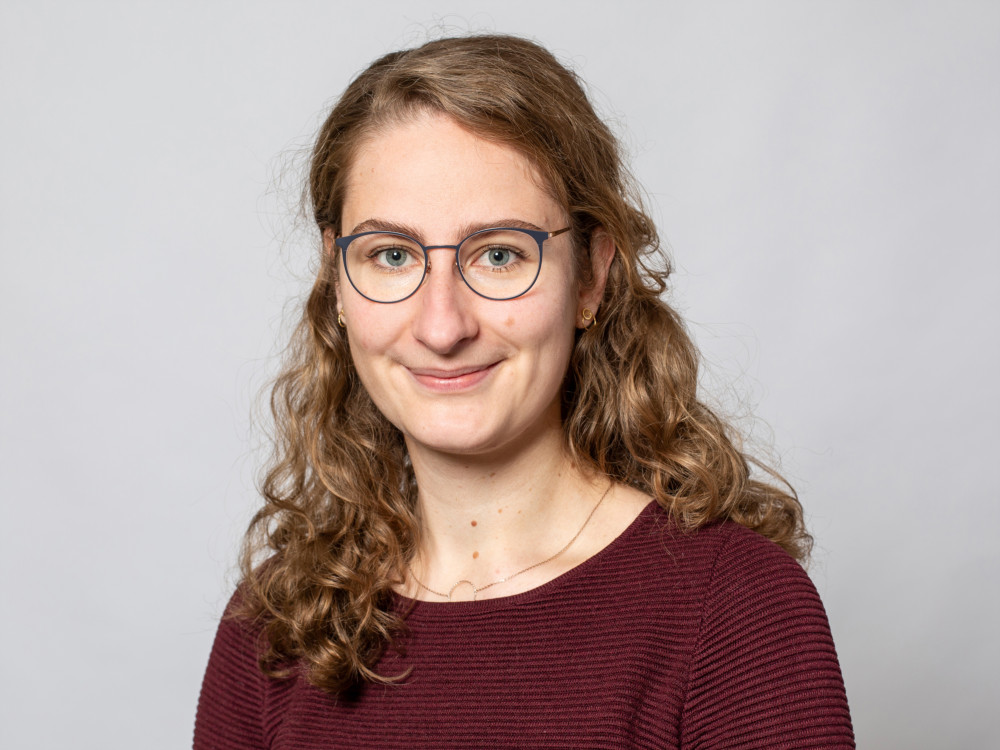

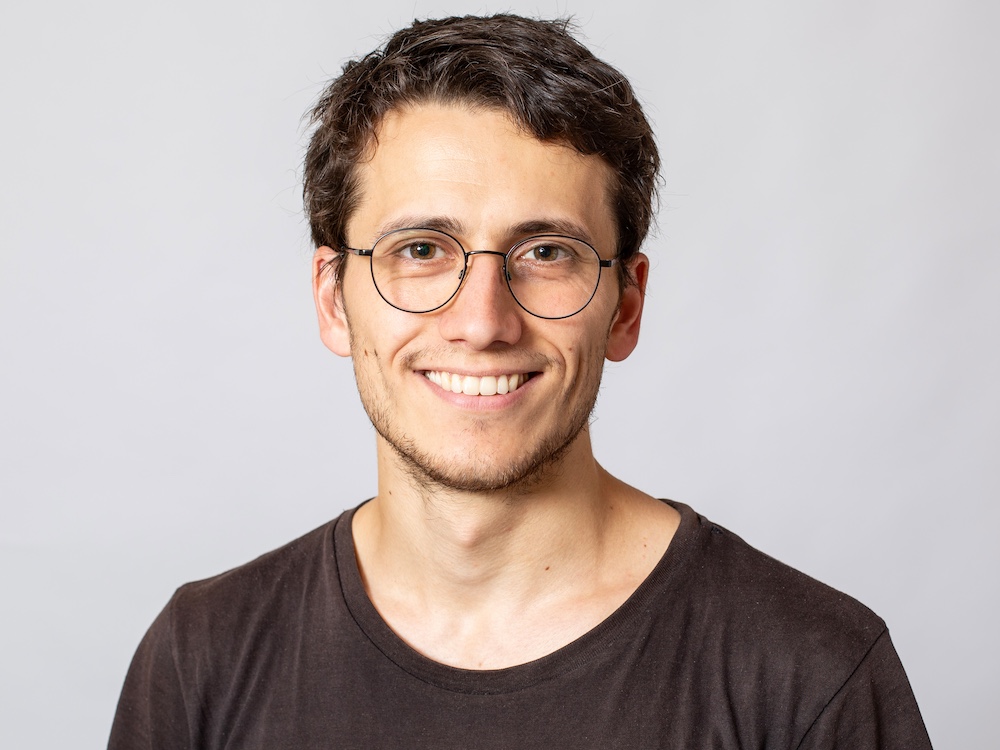
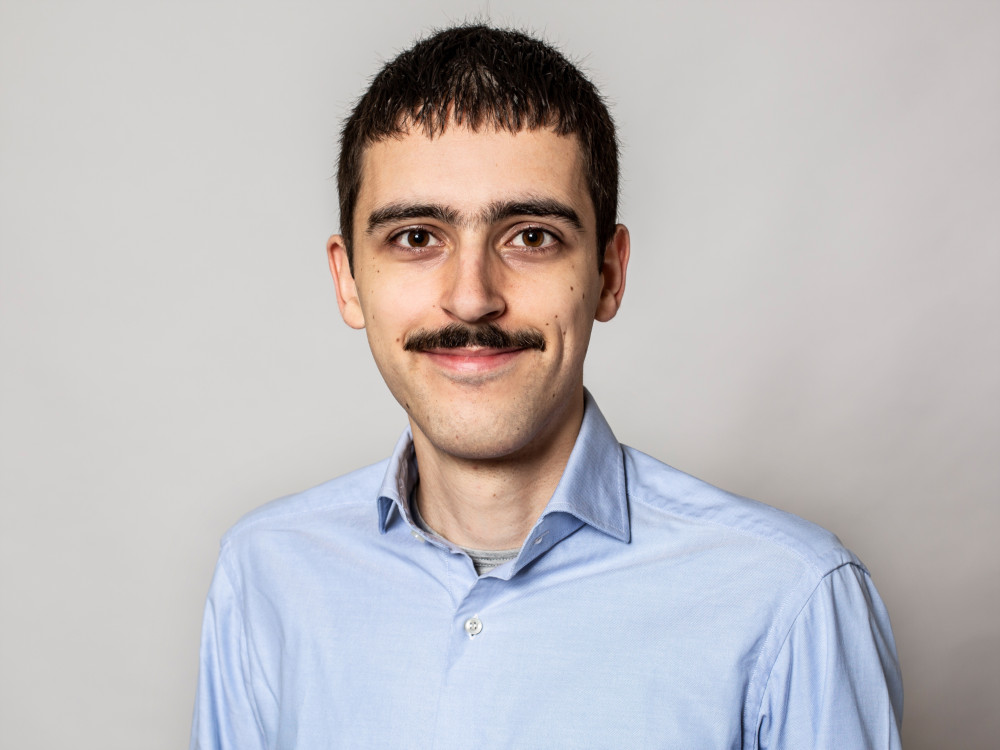
From top left to bottom right: Andrea Eismann, Thomas Eiter, Janusz Ginster, Annegret Glitzky, Martin Heida, Georg Heinze, Thomas Koprucki, Matthias Liero, Anieza Maltsi, Alexander Mielke, Dirk Peschka, Anastasija Pešić, Stefanie Schindler, Burkhard Schmidt, Michael Tsopanopoulos, Willem van Oosterhout.
Overview
Many fundamental processes in nature and technology can be described by partial differential equations. The research group is working on the analytical theory of such equations (existence, uniqueness, qualitative behaviour) and on the development and implementation of algorithms for their numerical solution. The algorithms are used for the numerical simulation in industrial applications. The functionality of modern materials, for instance, relies on the complex interplay of effects on several length and time scales as well as on different physical effects, such as mechanics, thermodynamics, optics, and electromagnetism. The main topics of research are mathematical models of carrier transport in semiconductors and optoelectronic devices and reaction-diffusion equations for the transport of dopants in solids. Furthermore, nonlinear material models for linearized and nonlinear elasticity and plasticity as well as for systems with internal variables are under study. In this context, we develop in particular methods for abstract evolutionary equations, e.g. gradient systems, and for multiscale problems.
Highlights
From September 29 to October 1, 2025, Thomas Eiter (FU Berlin, WIAS), Robert Lasarzik (WIAS), and László Székelyhidi (MPI Leipzig, U Leipzig) hosted the workshop "Mathematical Analysis of Fluid Flows by Variational Methods" (MAFF 2025) at the Weierstrass Institute. The event was a success, thanks to the outstanding invited talks by Roberta Bianchini, Elisabetta Chiodaroli, Eduard Feireisl, Björn Gebhard, Mária Lukácová-Medvidová, Boris Muha, Alexis Vasseur, Emil Wiedemann, Aneta Wróblewska-Kamińska, and Ewelina Zatorska, and 19 further contributed presentations. About 60 participants attended the talks on analytic problems from fluid mechanics, mainly related to questions of existence, uniqueness and construction of solutions, generalized solution concepts, selection criteria, relative entropy methods, and asymptotic behavior. The organizers are grateful for the financial support provided by MATH+, CRC 1114, and PP 2410.
We are pleased to announce that Stefanie Schindler sucessfully defended her PhD thesis entitled “Asymptotic self-similar behavior in coupled systems" on July 8, 2025.
The MATH+ project proposal "Emergent structures in multi-component systems for embryogenesis" by the principal investigators Katharina Hopf, Matthias Liero (both WIAS), and Markus Mittnenzweig (Max Delbrück Center) has been approved in June 2025.
Anastasija Pešić sucessfully defended her PhD thesis entitled “Mathematical analysis of a variational model related to pattern formation in biomembranes" on February 13, 2025. Congratulations!
On November 21 and 22, the biannual conference Future WINS 2024 took place at the Erwin-Schrödinger-Zentrum in Berlin. The spotlight was on interdisciplinary challenges, in particular in the fields of energy research, environmental and material sciences. The aim of this event is to empower and give visibility to excellent early career researchers mainly. Future WINS 2024 was organized by Anieza Maltsi (RG 1), Caterina Cocchi (IRIS Adlershof / U Oldenburg), Zsuzsanna Heiner, Petya Jordan, Petra Metz (HU Berlin), Clara Marshall (Integrated Lab Solutions GmbH), and Christina Völlmecke (TU Berlin)
We are honored to announce the release of ”Trotter--Kato Product Formulae”, the final work of our late esteemed colleague Hagen Neidhardt, co-authored with Valentin Zagrebnov and Takashi Ichinose. The book provides a comprehensive overview of operator-norm convergent Trotter--Kato Product Formulae on Hilbert and Banach spaces. It includes pioneering results on operator-norm convergent product formulas for solution operators of non-autonomous Cauchy problems, along with insights into unitary and Zeno product formulas.
Georg Heinze has been appointed as a member of the GAMM Juniors. Congratulations!
Research Groups
- Partial Differential Equations
- Laser Dynamics
- Numerical Mathematics and Scientific Computing
- Nonlinear Optimization and Inverse Problems
- Interacting Random Systems
- Stochastic Algorithms and Nonparametric Statistics
- Thermodynamic Modeling and Analysis of Phase Transitions
- Nonsmooth Variational Problems and Operator Equations


